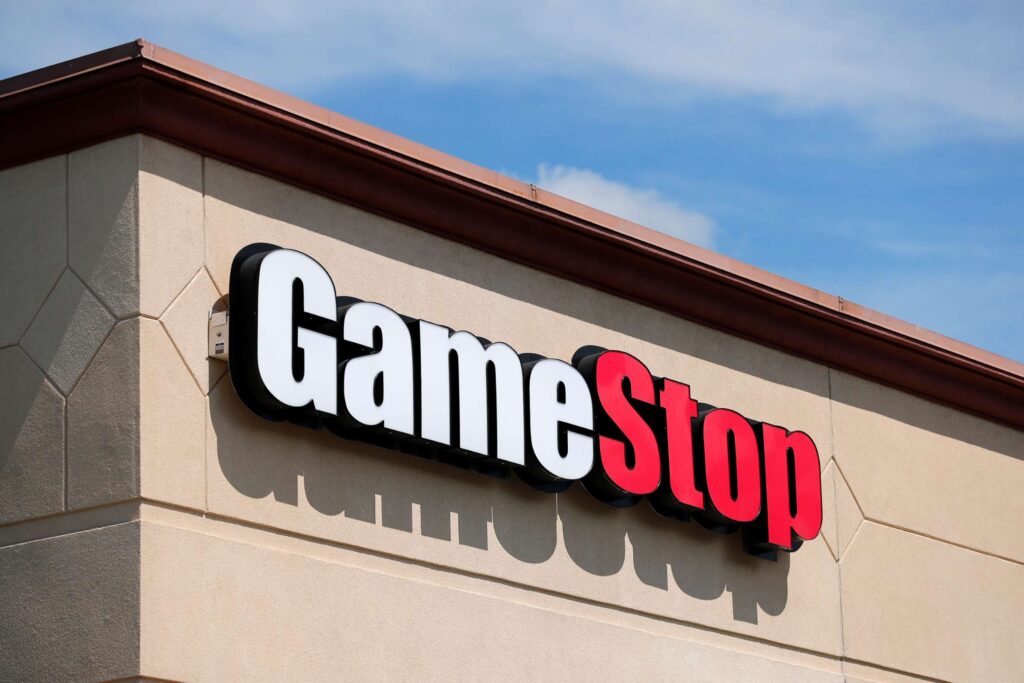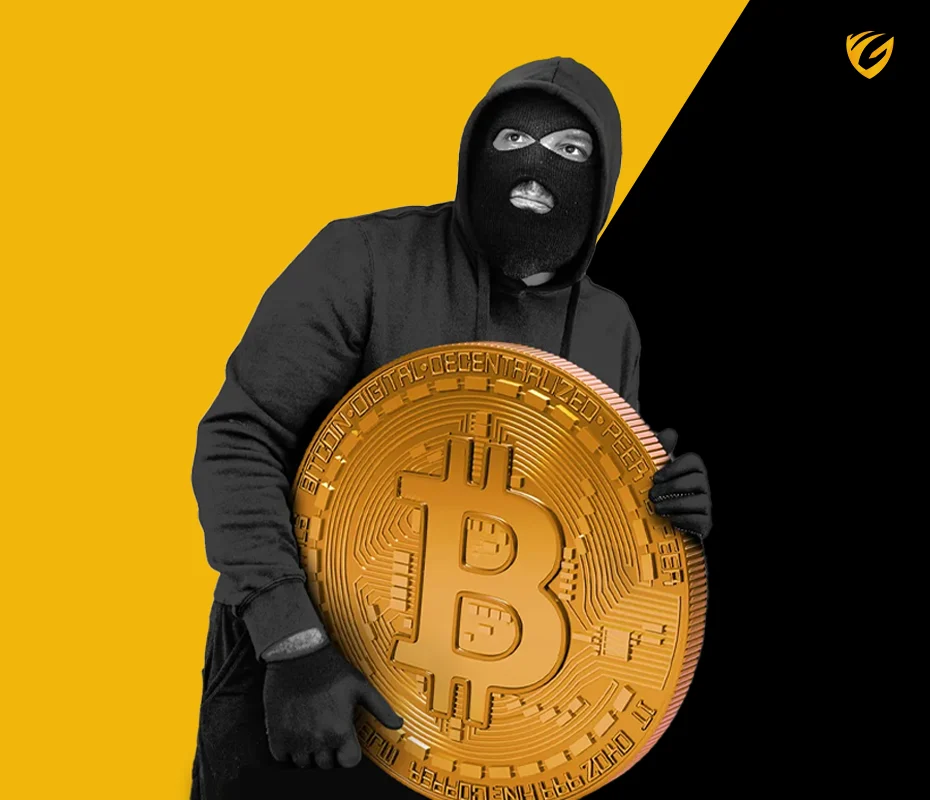GameStop Leaves the Crypto Space and Closes the NFT Marketplace Due to Regulatory Obstacles
By Brylle Uytiepo • January 15, 2024
GameStop Leaves the Crypto Space and Closes the NFT Marketplace Due to Regulatory Obstacles
The well-known video game store GameStop has abruptly closed its NFT (Non-Fungible Token) platform, indicating a withdrawal from the cryptocurrency industry. The main reason for this decision was “the ongoing regulatory uncertainty of the crypto space,” according to the notification posted on the platform in the form of a statement.
With the opening of its marketplace on Halloween in 2022, GameStop made its first move into the NFT sector. GameStop worked with ImmutableX, an Ethereum layer 2 blockchain solution, to improve the functionality and effectiveness of its NFT products. The platform was specifically focused on game assets.

Slow Removal of Cryptocurrency
This action continues GameStop’s slow withdrawal from the cryptocurrency space, which began with the company’s August decision to shut down its Bitcoin wallet. Although unexpected, the NFT marketplace’s closing makes sense given the company’s strategic move away from digital assets.
Customers of GameStop were reassured that they could still sell their NFTs on other marketplaces in spite of the closure. This is so because NFTs are not limited to any one platform; rather, they are essentially hosted on the blockchain.
The closing of GameStop’s NFT marketplace may not come as a shock to industry observers, as the platform’s X account has remained inactive since September of the previous year. The retailer’s NFT marketplace had a minimal effect on the NFT trading scene as a whole in 2022, despite its efforts to involve its retail trader community through Web3 ventures.
US Cryptocurrency Regulatory Environment
GameStop’s decision to leave the cryptocurrency market fits into a larger pattern that is the result of unclear regulations, particularly in the US. The crypto business has witnessed an uptick in enforcement proceedings by the United States Securities and Exchange Commission (SEC), led by Chair Gary Gensler.
The regulatory scrutiny that the sector titans, Binance and Coinbase, were subject to was brought to light by the SEC’s litigation against them. Enforcement procedures were also taken against cryptocurrency lending company Nexo, as well as exchanges like Kraken and Bittrex, in the previous year.
SEC Takes Actions Against Online Gamblers
Chair Gary Gensler has regularly voiced his worries about fraud in the cryptocurrency space, pointing out that there are “far too many” dishonest players. He has issued a warning to investors, pointing out that while though many cryptocurrencies are governed by securities rules, they could not be getting the full protections of the law.
After spot Bitcoin ETFs were recently approved by a 3-2 vote, Gensler reaffirmed his misgivings regarding cryptocurrencies. He clarified that the SEC did not support Bitcoin, even if some spot Bitcoin ETP shares were authorized for listing and trading. Given the dangers involved with Bitcoin and other cryptocurrency-related goods, Gensler encouraged investors to proceed with caution.
Navigating a Changing Cryptocurrency Landscape
The issues presented by regulatory uncertainty are reflected in GameStop’s decision to withdraw from the cryptocurrency field, as seen by the closing of its NFT marketplace. Businesses are compelled to reconsider their engagement in digital assets as the cryptocurrency sector faces heightened scrutiny and enforcement activities. The decision made by GameStop represents a significant change for the retail behemoth and highlights how the bitcoin environment is changing and how obstacles imposed by regulations affect players in the sector.



